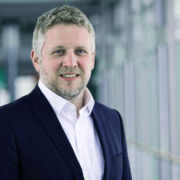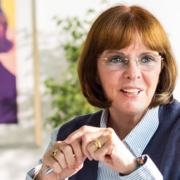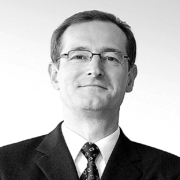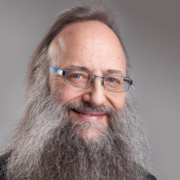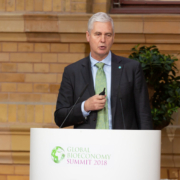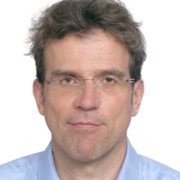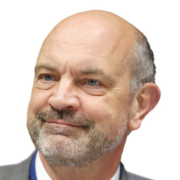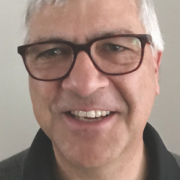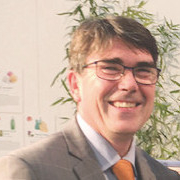Back in February 2017, CDMO Rentschler Biopharma SE and formulation specialist Leukocare AG joined forces to give biologics and biosimilar makers a competitive edge through significantly stabilised end products. European Biotechnology spoke with Leukocare’s CEO Michael Scholl about the impact of formulation on drug product performance.
ADVERTISEMENT
Following last year’s approval by the US FDA, the EU’s EMA has now also approved the first two T-cell-based immunotherapies against certain types of cancer. This marks the ultimate proof-of-concept for the acceptance of patient-individualised cellular immunotherapies. The regulatory authorities have moved fast, together with the companies and manufacturers, to bring these products to patients as quickly as possible. This is a good start but what does the future hold?
Independent investment analyst, Managing Director EQUI.TS GmbH_ Big data analytics is poised to change the way business is done in the life sciences. A string of recent M&A transactions illustrate this trend.
Plastics are magical materials, and they will be even more important in the future than they are today. But they lead to microplastics in the environment, especially noticeable as marine littering. The European Commission is now proposing, among other things, a ban on certain single-use plastic products, including plastic cotton buds, cutlery, plates, straws, drink stirrers, and sticks for balloons, which will all have to be made exclusively from more sustainable materials instead. The Commission’s legislative proposal must then be negotiated with the member states and the European Parliament. And here substantial changes should still be made because so far industry and politics continued to fail in this area.
Is cheaper always better when it comes to generics? What about when it comes to innovative medical uses of them?
In mid-November, the European Commission tabled the long-awaited review of its Bioeconomy Strategy and Action Plan. European Biotechnology spoke with Waldemar Kütt, Head of Unit Bioeconomy Strategy, about the development the bioeconomy has made since its launch in 2012 by the European Commission and the instruments needed to attract investments, make it circular, and create a stable policy environment for companies and investors.
PharmaPack 2018:?The promises of digitalised medicine don’t stop at injection pens or autoinjectors. One of the early adopters in the field is Swiss Haselmeier AG (Pharmapack: hall 7.1, booth L19). European Biotechnology spoke with Paul E. Jansen, Member of the Board, from Haselmeier’s Boston office about how connected devices could define a new paradigm in therapy compliance and control of chronic diseases, and how they will shape the market.
The UN Sustainable Development Goals (SDGs) provide a powerful blueprint for coordinating global efforts to end poverty through economic growth, reducing inequality, and providing better education, health, job opportunities, and environmental protection.


